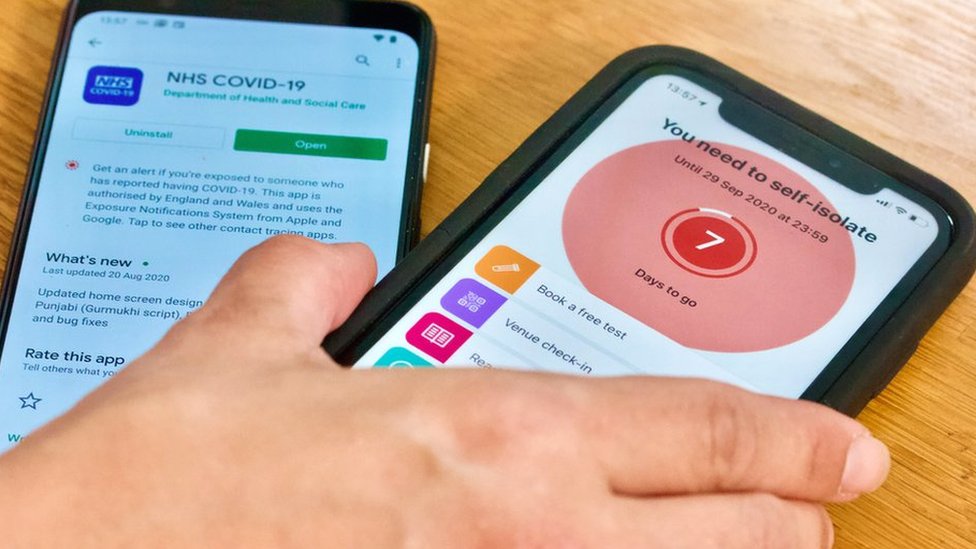
Winograd explains one of the reasons the iPad is a favorite among children: “The results of this and other studies have been encouraging, but a major problem for 60 to 80 percent of autistic children is poor motor skills, including poor motor planning, which makes using the small buttons on an iPhone or iPod touch quite difficult. Apparently, 60% of the study’s goals were achieved. According to David Winograd of, “The Unofficial Apple Weblog,” corrective behavior was reinforced on autistic children who, in one case, couldn’t wash their hands, by using images combined with voiceover. One study, “ iPod Therefore I Can: Enhancing the Learning of Children with Intellectual Disabilities Through Emerging Technologies” (PDF), had tracked the progress of 10 autistic children who were using iPod touches in Australia. “Autistic children are showing tremendous improvement after playing fun-filled exercises on iPad which is less stressful and more fun for both the teachers and the students,” concurs Jeffry McDowell on GadgetsDNA.

Others have learned life skills that had eluded them for years.

Through the devices, some of these children have been able to communicate their thoughts to adults for the first time. Developers have begun pumping out applications specifically designed for users with special needs, and initial studies are already measuring the effectiveness of the iPod Touch and the iPad as learning tools for children with autism. Since the iPad’s unveiling in April, autism experts and parents have brought it into countless homes and classrooms around the world. Apparently, iPad is a hands-down favorite among parents, educators and journalists. The Internet is particularly rife with lists of “autism-friendly” apps compiled by parents and educators who have tested them, not to mention a recent barrage of positive coverage in outlets like The Huffington Post and USA Today. Others, like Proloquo2Go, are designed to aid children and adults with Down syndrome, cerebral palsy, Lou Gehrig’s Disease, and stroke patients who need to regain their ability to speak. Some are targeted at children with autism and Asperger Syndrome, like Model Me Going Places. There are dozens of specialized apps available, many by Apple and available through iTunes.

Portable devices like iPad, iPod Touch, and iPhone could prove invaluable in teaching social and communication skills to children with developmental disabilities. It also helps that they are cool, inexpensive, and fun to use.


 0 kommentar(er)
0 kommentar(er)
